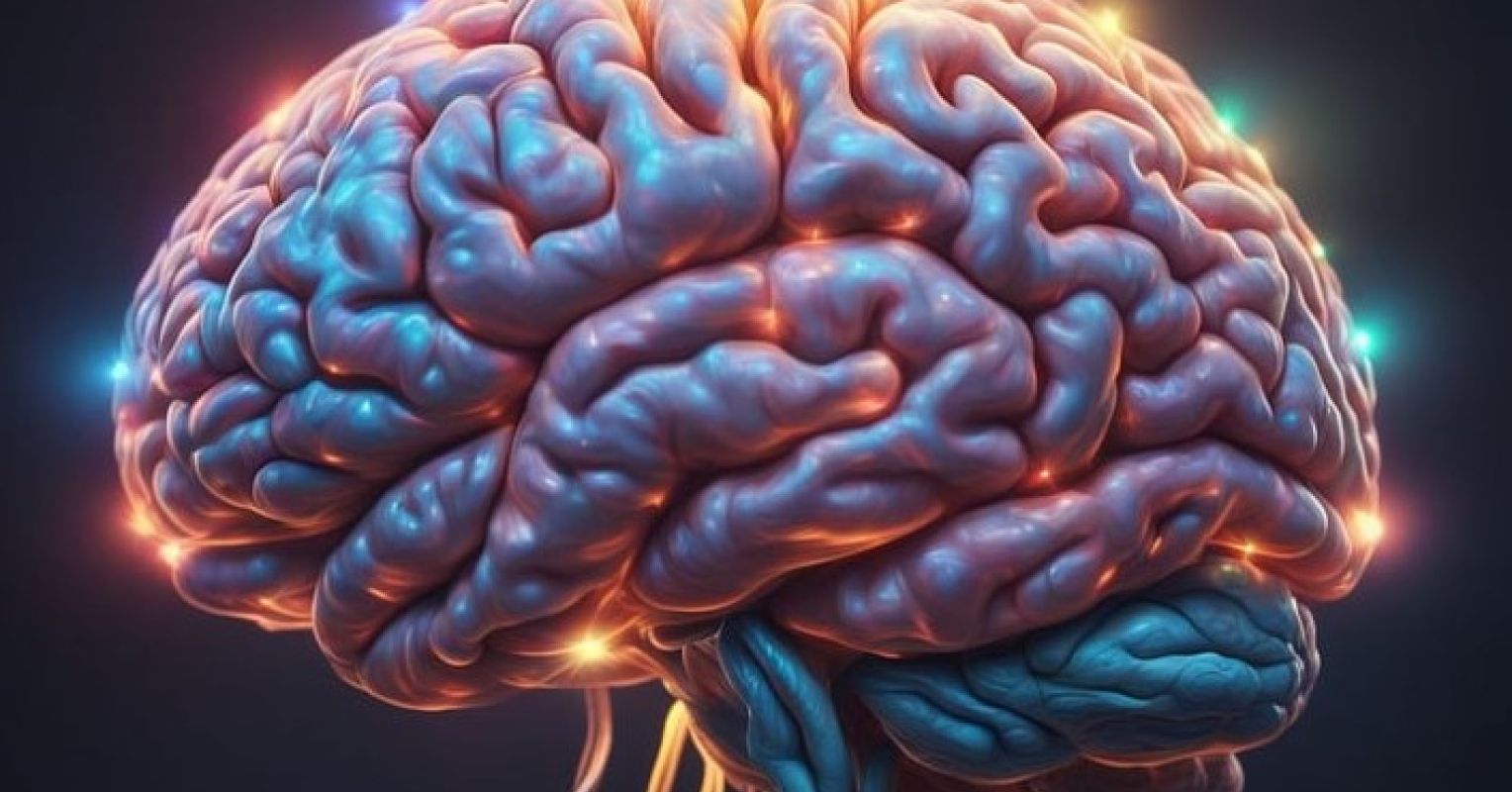“Autism is not a processing error. It’s a different operating system.” –Sarah Hendrickx
According to the National Institute of Mental Health, autism is a neurological and developmental condition that affects how people interact with others, communicate, learn, and behave. Although autism can be diagnosed at any age, symptoms generally appear in the first two years of life.
What causes autism? Studies with twins show that there is a genetic connection—if one twin has autism, the other twin is more likely to have it as well. The genes involved seem to guide how nerve cells connect to each other. But that only accounts for about half of the risk.
Something else is acting in concert with genes to encourage autism. One of those things is an infection of the mother during pregnancy. Getting measles during pregnancy, for instance, increases the odds of autism. Maternal health issues like obesity and diabetes also increase the odds.
Intriguingly, new research points to the gut-brain axis as another factor. There is also more than one kind of autism, as reflected in the term autism spectrum disorder (ASD). Moreover, each type of autism may have a different cause. As autistic poet Karla Culbertson puts it, “Autism is like a fingerprint, no two are alike.”
It’s worth noting that Robert F. Kennedy, the new Secretary of Health and Human Services, disagrees with this research. Along with his friend Andrew Wakefield, he feels that autism is caused by vaccines. That goes against the consensus of researchers, based on decades of research, that vaccines do not cause autism. Wakefield was stripped of his medical license for serious professional misconduct involving his anti-vaccine studies. RFK’s antipathy to vaccines means that more people are getting measles, which ironically could increase the rate of autism.
The microbial connection
Several new studies show an interesting connection with microbes in the mouth and gut. According to Kathy Kar-man Shum of the University of Hong Kong, there is a microbial “fingerprint” of autism in the mouth microbiome. By analyzing oral microbes, researchers can predict whether or not a child will develop autism with 80 percent accuracy. That’s important for early identification and intervention, when therapy is most effective. A simple oral swab during a regular dental exam might provide an effective early warning.
There is another weird connection to inflammation: For some kids, autistic symptoms fade with a fever. Studies with autistic mice have shown that this weird behavior is related to cytokines, molecules that the immune system uses to sound the alarm of inflammation. The cytokine of interest is called IL-17, and it demonstrates the mind-boggling complexity of nature. Although IL-17 is secreted by immune cells, it also seems to act as a neurotransmitter.
That explains how this immune response can affect the brain. There is a small patch of nerve cells on the surface of the brain that is involved in social behavior. If a mouse has the type of autism caused by maternal illness, IL-17 acts as a neurotransmitter, affecting that altered brain patch and causing the mouse to behave normally, with less repetitive behavior and more adventure-seeking.
How did the researchers cause IL-17 to kick into action? They injected pieces of dead bacteria called LPS, mimicking the action of gut pathogens.
This is remarkable, but what are we to do with this information? Certainly, we can’t hope to treat autism with fevers! But it does demonstrate that autistic behavior has a connection to inflammation, albeit a complex one.
Gut-brain studies
John Cryan and Ted Dinan of University College Cork in Ireland have published widely on a mouse model of autism and have found specific populations of gut bacteria that characterize autism. They have also found microbes that ameliorate symptoms, including Blautia stercoris. (Full disclosure, I wrote a book with Cryan and Dinan called The Psychobiotic Revolution, from National Geographic.) Cryan says, “There seems to be something about the social brain in particular that makes it sensitive to signals from the microbiome.”
It’s not just mice. There is a gut microbe signature of autism in humans as well. Autistic children have lower levels of Veillonella, Coprococcus, and Prevotella. These microbes can produce GABA and serotonin, two neurotransmitters that may reduce agitation in autistic people.
A new study by Emeran Mayer, Lisa Aziz-Zadeh, and colleagues at USC and UCLA looked at tryptophan—a precursor to serotonin—produced by gut microbes. They found that children with autism had significantly lower tryptophan levels in their guts than the control group. That was associated with altered brain patterns and an increase in autism severity.
This shows a correlation between gut microbes and autistic behavior. But does that mean that microbes actually cause this behavior?
Finding causality
Studies by Sarkis Mazmanian and colleagues at Cal Tech provide some strong evidence for causality. They took stool samples from autistic and non-autistic people and transferred them to mice. The mice that received the autistic poop started to engage in anti-social and repetitive behaviors, while the control mice acted normally. That is as close to showing causality as biology can come right now.
Autistic kids often stick to a diet of their own devising, whether it is healthy or not. In fact, their abnormal gut microbes may affect their cravings, making it difficult to change. Prebiotics and probiotics may help. A study by Rosa Krajmalnik-Brown and colleagues at Arizona State University found that changing the microbiome with probiotics reduced gastric distress and lowered autism scores by almost 50 percent. That’s a remarkable result and points to future therapies.
There is a lot to be learned about autism, but like many other brain disruptions, there is a strong link to the gut. Further studies will help to unravel this abiding mystery.




